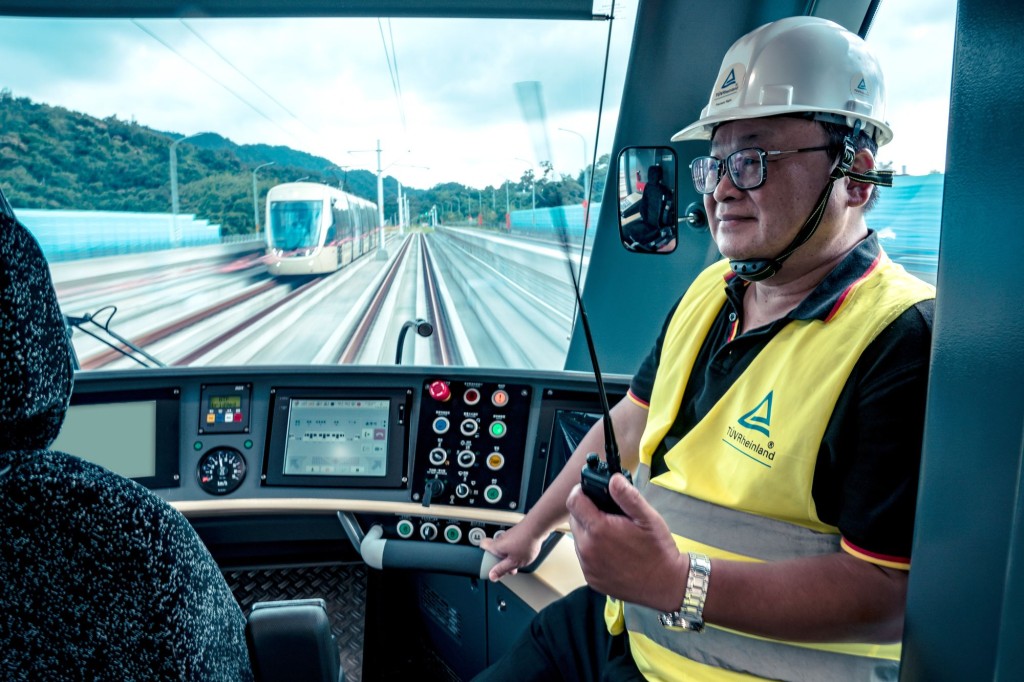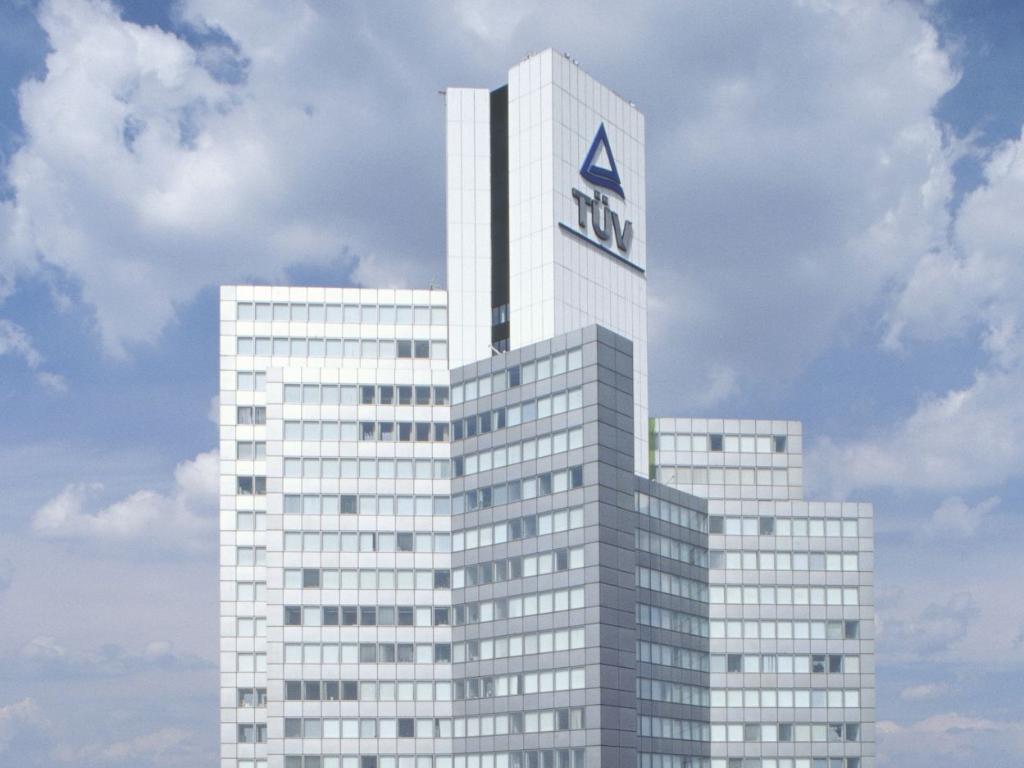TÜV Rheinland: Fewer failures in rail transport - Sensors on key components enable optimized maintenance
Cologne, Germany | 24 January, 2023

TÜV Rheinland is expanding its range of intelligent service concepts for rail transport: Condition Based Maintenance (CBM) enables rail companies to design maintenance intervals for rail vehicles and infrastructure in line with demand and at lower cost. The necessary prerequisite for this is provided by sensors fitted to vehicles and infrastructure that measure the stress on components and provide information about their current condition. The basic idea is that instead of replacing components rigidly according to specified manufacturer deadlines or in-house maintenance concepts, they are replaced precisely when they need to be. Not earlier, not later. "Rail vehicles and the infrastructure in rail traffic are highly complex systems with immense maintenance and repair costs," says Markus Krippner, Division Manager at TÜV Rheinland InterTraffic, "It is therefore all the more important for operators that both regular service and the necessary repairs run efficiently and cause as little downtime as possible. Technical interruptions should not occur at all, if possible."
CBM brings technical reliability and cost efficiency to a common denominator
However, rigid maintenance plans of railroad companies rarely meet this requirement. With condition-based, sensor-supported maintenance concepts, TÜV Rheinland brings the requirements of rail transport down to a common denominator: companies can respond flexibly to maintenance needs and perform scheduling efficiently. In addition, continuous monitoring allows technical faults to be detected at an early stage, short-term failures to be significantly reduced and the availability of the fleet to be increased enormously. This results in another significant effect of condition-based maintenance, from which rail transport companies also benefit: Improved punctuality and fewer breakdowns due to technical faults that increase customer satisfaction.
Further development of sensor-based condition monitoring
TÜV Rheinland has been supporting customers from the rail sector with services and measurement technology for around ten years. "We have a high level of technical expertise in condition monitoring of critical components in rolling stock and infrastructure. Now we are taking the logical next step translating the measurement data into efficient, flexible and cost-saving maintenance concepts for our customers," explains Markus Krippner. "Continuous monitoring makes it possible to use components in a targeted and safe manner until they reach their maintenance limit."
With an accompanying ramp-up measurement during the transition phase, the rail experts from TÜV Rheinland prove that vehicles and infrastructure are at least as reliable as with rigid maintenance and replacement intervals according to manufacturer specifications.
Modular CBM service is adapted to customer needs
Particularly attractive: The modular approach of Condition Based Maintenance enables rail transport companies to compile all TÜV Rheinland services in the maintenance value chain entirely according to specific requirements and needs. This starts with feasibility studies on a possible CBM introduction and extends to condition monitoring including storage, wireless transmission of data, and visualization of results in automatically generated reports or dashboards.
Your contact for editorial inquiries:

TÜV Rheinland Press Office
Do you have any questions on this topic or need further information?
Please do not hesitate to contact us:
Phone: +49 221 806-2148